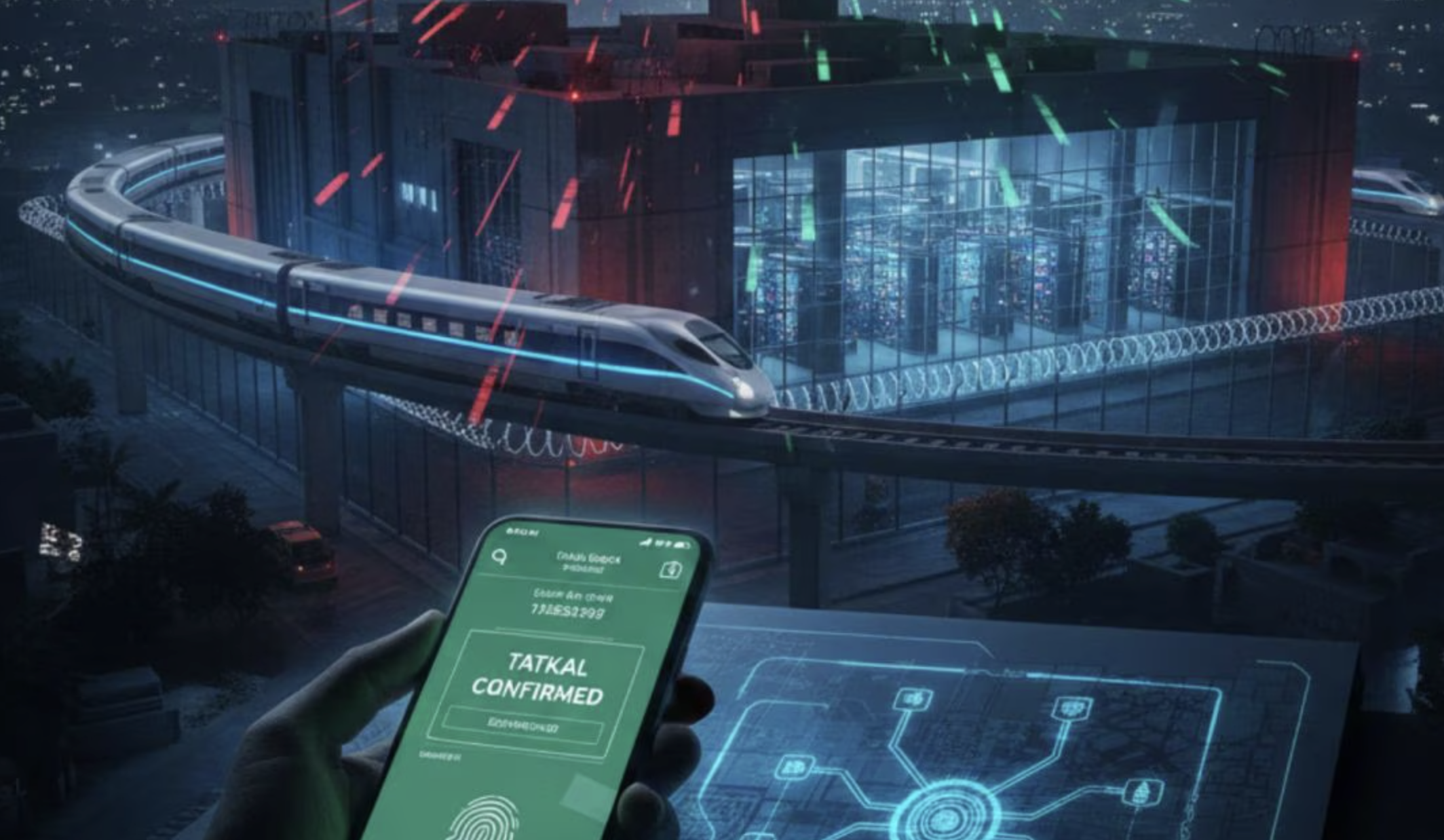The trucking industry plays a vital role in the economy, ensuring that goods are transported across the country. However, the life of a truck driver can be challenging, with long hours on the road and the need to manage multiple tasks concurrently. Fortunately, several innovations have surfaced that can ease these challenges, enabling truckers to lead more fulfilling and productive lives while making their jobs more efficient and enjoyable.

Vikas Chandrawat, Co-founder and Chief Product Officer of Vahak, shares top innovations that could revolutionise the lives of truckers:
Intuitive Digitisation of Offline Marketplace
The first innovation is the ability to book and manage loads online. This technology provides real-time visibility of loads, pricing, and access to a broad range of loads across various industries. Truckers can secure more work and gain better profit margins with more monthly bookings.
Tracking and Fleet Management Technology
GPS-based tracking and fleet management have emerged as indispensable tools for truckers. This technology provides real-time tracking of vehicles and loads and optimises routes, reducing fuel consumption and enhancing delivery times. Apart from this tech, IoT sensors provide real-time data related to location, temperature, tire pressure, and even energy usage. IoT sensors can help with organisational sustainability efforts and help reduce the environmental impact of trucking. Truckers can use the data provided by these technologies to make well-informed decisions and streamline their operations, resulting in greater productivity and efficiency. Advanced Driver Assistance Systems (ADAS) includes features such as collision avoidance systems, lane departure warnings, and adaptive cruise control that can help truck drivers stay safe on the road and avoid accidents.
Blockchain
● Supply chain management: Blockchain can help track the movement of goods across the supply chain, from production to delivery. The decentralised and immutable nature of blockchain makes it possible to track the origin, destination, and ownership of goods, ensuring transparency and reducing the risk of fraud and counterfeiting.
● Smart contracts for logistics: Blockchain-based smart contracts can automate the logistics process by executing predetermined actions when certain conditions are met. For example, a smart contract can automatically release payment to a carrier once the goods have been delivered and verified by the buyer.
● Digital identity verification: Blockchain-based digital identity systems can verify the identity of drivers, carriers, and other stakeholders in the transportation industry, enabling secure and efficient onboarding and compliance.
● Vehicle maintenance and warranty tracking: Blockchain can help track the maintenance history and warranty status of vehicles, reducing the risk of fraud and ensuring that vehicles are properly maintained.
● Freight payment and settlement: Blockchain-based payment systems can enable faster and more secure payment and settlement of freight transactions, reducing the need for intermediaries and improving cash flow for carriers and shippers.
On-Demand Maintenance and Repair Services
The availability of on-demand maintenance and repair services is crucial for truckers. Online platforms and the internet allow for easy access to authorised service providers, online scheduling, and real-time updates on service status and costs. By utilising these services, truckers can minimise downtime and ensure that their vehicles are in optimal condition, ultimately enhancing productivity and profitability.
Electric Trucks and Fuel Cell Vehicles
Electric vehicles are becoming more popular worldwide due to their decreased emissions, operating costs, and performance. By 2030, India’s government has set a target to achieve 30% electric vehicle penetration. This is a great chance for Indian truckers to adopt electric trucks, especially LCV trucks, which have lower maintenance costs, longer lifespans, and better energy efficiency. Fuel cell vehicles (FCVs) also have great potential for India’s commercial vehicle market, despite their early development. FCVs outperform EVs in energy efficiency, emissions, and range.
Artificial Intelligence (AI)
AI technology can be utilised through various platforms that are evolving today to serve the trucking companies. Some use cases include ERP systems, fleet and dispatch management solutions. Increased usage of AI by these logistics service providers can help trucking companies get the benefit of AI for their operations by analysing data on route optimisation, driver behaviour, fuel consumption, and other critical metrics. AI-powered algorithms can also help companies make informed decisions on maintenance schedules, load planning, and other aspects of their operations.












